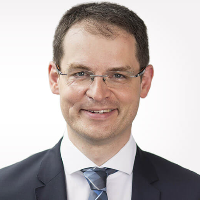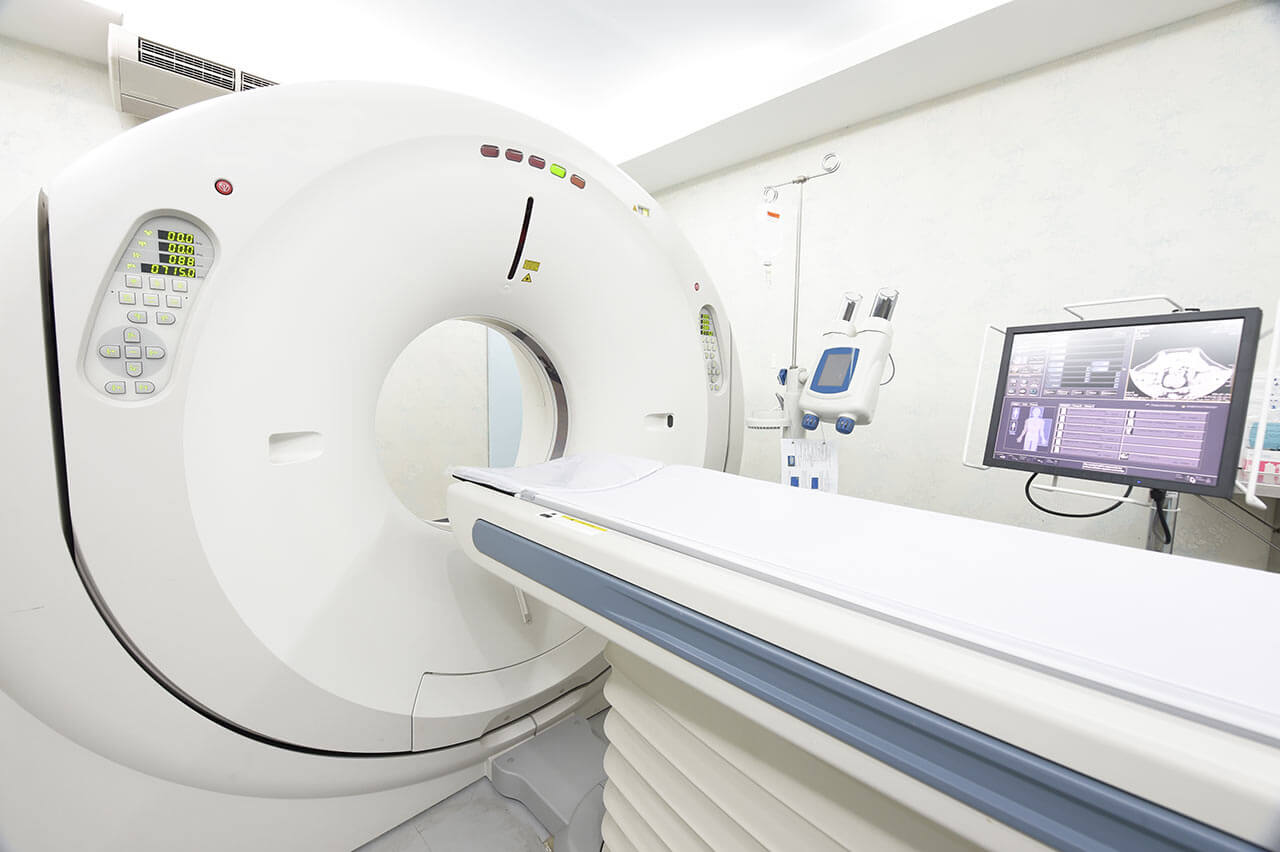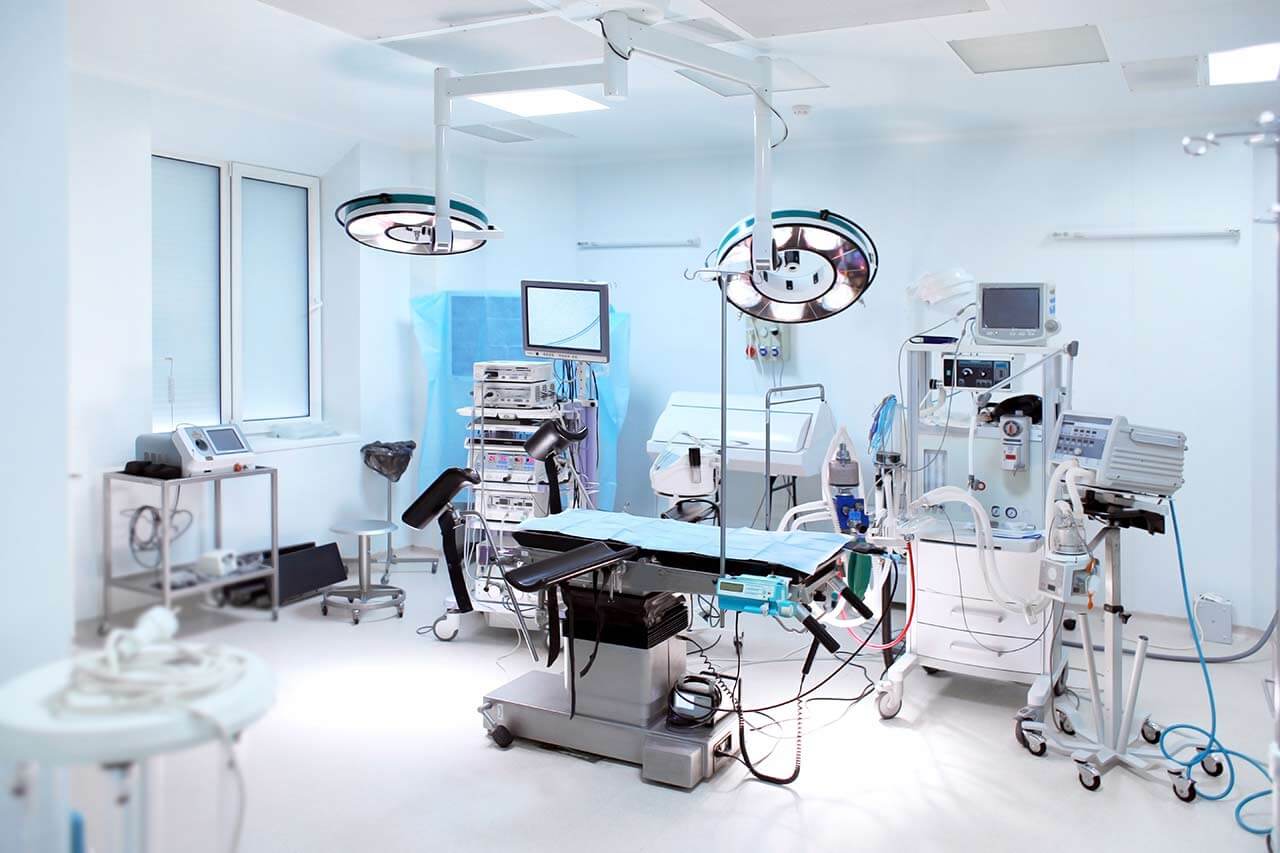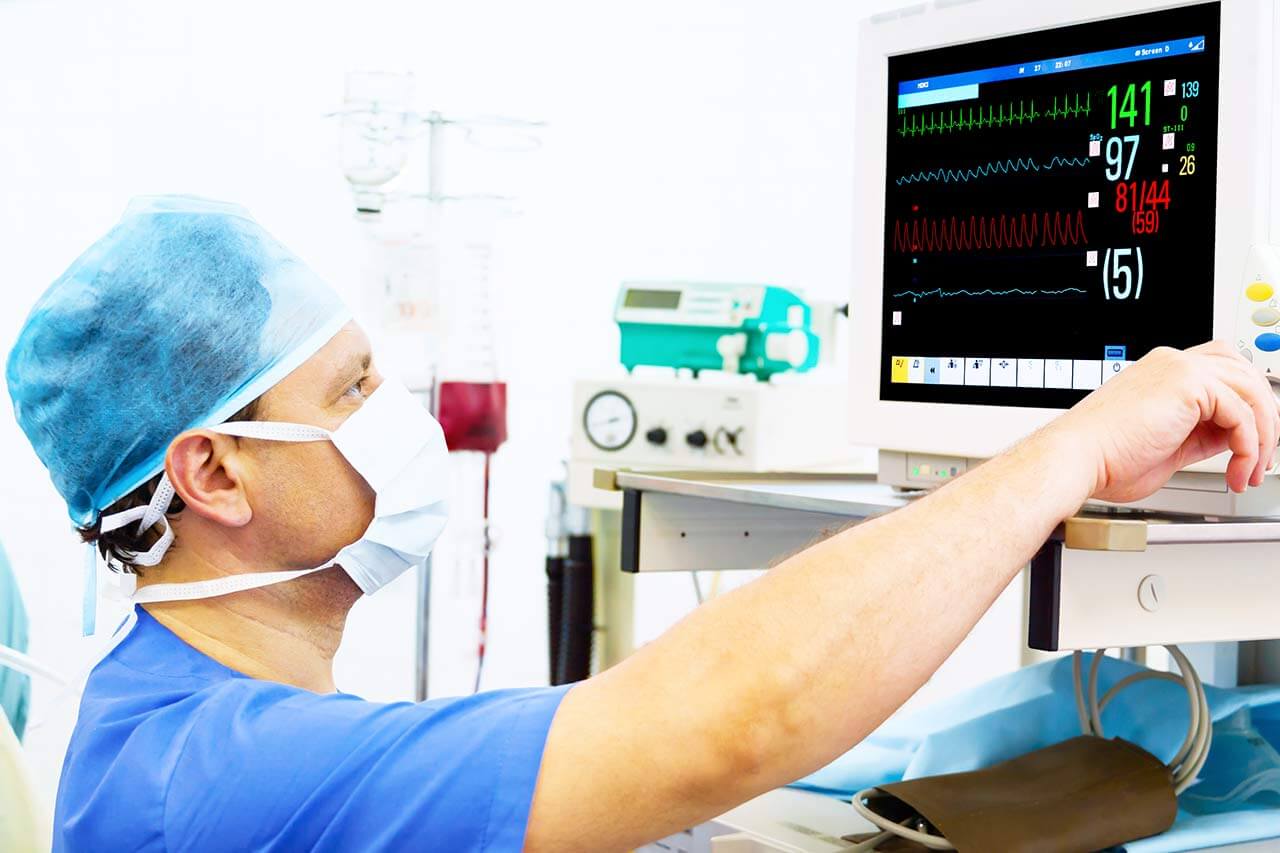
The program includes:
- Initial presentation in the clinic
- clinical history taking
- review of medical records
- physical examination
- laboratory tests:
- complete blood count
- biochemical analysis of blood
- thyroid function test (TSH-basal, fT3, fT4)
- mineral metabolism analysis (Na, K, Ca, Mg)
- lipid metabolism (HDL/LDL, cholesterol, triglycerides,
Lip(a), homocysteine) - iron content (ferritin, iron)
- blood coagulation analysis (aPTT, PT, INR)
- metabolic status (uric acid, total glucose, HbA1c)
- inflammatory parameters (CRP, ESR)
- cardiovascular disease risk markers
- vascular system assessment
- lung function test (Spirometry)
- resting and exercise ECG
- vessel elasticity measurement
- Holter monitoring (24h)
- body fat and water examination
- color doppler echocardiography
- color doppler sonography of cerebral vessels
- coronary angioplasty with stents placement
- symptomatic treatment
- control examinations
- the cost of essential medicines and materials
- nursing services
- full hospital accommodation
- explanation of future recommendations
- written statement
Required documents
- Medical records
- ECG (if available)
- Echocardiography (if available)
- Coronary angiography (if available)
Service
You may also book:
 BookingHealth Price from:
BookingHealth Price from:
About the department
The Department of General and Interventional Cardiology, Angiology at the Heart and Diabetes Center NRW Bad Oeynhausen provides the full range of services in these medical fields. The department's doctors successfully carry out examinations to assess the anatomical structures and function of the cardiovascular system, as well as conservative and sparing interventional treatment of cardiovascular diseases. Special attention is paid in the department's clinical practice to the treatment of coronary heart disease, valvular heart disease, heart failure, cardiomyopathy, inflammatory heart disease, stenosis, and vascular obstruction. The department's specialists have excellent facilities for the most sparing treatment, namely four cardiac catheterization laboratories with a minimum level of X-ray exposure, in which doctors perform procedures using cardiac catheters, as well as two ultra-modern hybrid operating rooms and a chest pain unit. More than 7,000 interventional catheter-based procedures are performed in the department every year. About 5,300 patients receive medical care here annually. The department is headed by Prof. Dr. med. Volker Rudolph.
The department has numerous certificates, which attest to the high professionalism of the doctors and their excellent treatment success rates. The medical facility is certified by the German Cardiac Society (DGK) in the fields of interventional treatment of heart disease, emergency cardiac care, treatment of heart valve disease, heart failure, and congenital heart defects in adults. The department also has the status of a Pulmonary Hypertension Center certified in accordance with the requirements of the German Hypertension League (DHL).
The department's specialists believe that the key to a successful treatment outcome is the most accurate diagnostics. The department offers both classical non-invasive diagnostic methods (echocardiography, electrocardiography, Holter monitoring, heart CT and MRI scans, etc.) and invasive catheter-based examinations (angiography and intravascular ultrasound). All necessary laboratory tests are also performed here. In addition, one of the largest Sleep Laboratories in Germany operates on the basis of the department, where sleep-related breathing disorders are diagnosed that can adversely affect the heart's functioning (central sleep apnea).
The department's team of cardiologists often admits people suffering from coronary heart disease. The pathology is characterized by a lack of oxygen supply to the myocardium caused by coronary artery lesions. In acute forms of the disease, there is a risk of developing myocardial infarction, which in turn often leads to death. Resting and stress ECGs, echocardiography, coronary angiography, and laboratory tests are used to detect coronary heart disease. Based on the diagnostic results, doctors choose the best treatment option. The therapeutic options available at the medical facility include effective catheter-based procedures, such as balloon dilatation followed by stent implantation (the department's cardiologists use only modern drug-eluting stents), rotablation, and intravascular lithotripsy. Interventional procedures are preceded by planning using intravascular ultrasound or optical coherence tomography, as well as coronary angiography. Doctors always make sure that a patient receives the most effective treatment, and therefore, when choosing the optimal method, they take into account the patient's individual needs and wishes.
The department is part of a specialized Heart Failure Center certified by the German Cardiac Society (DGK). Cardiologists cooperate closely with cardiothoracic surgeons, so the center provides both conservative and surgical treatment for heart failure. In the early stages of the disease, the specialists use only drug therapy, and in the advanced stages, ventricular assist device (VAD) implantation or a heart transplant may be required.
The scope of tasks for the department's team of doctors includes diagnostics and treatment of patients with heart valve disease, including aortic, mitral, and tricuspid conditions. In most cases, patients seek medical attention at the department for valvular stenosis and insufficiency, the treatment of which does not require traumatic surgery with a thoracotomy. The department's cardiologists treat heart valve disease in a specialized Cardiac Catheterization Laboratory. Advanced catheter-based procedures, such as transcatheter aortic valve implantation (TAVI), MitraClip, and Pascal interventions, are performed here. Catheter-based procedures are performed on a beating heart with anesthesia. The interventions are performed in cooperation with cardiac surgeons. After 2-3 days, a patient may leave the hospital, and after 3 months, they need to undergo a follow-up examination to assess the treatment outcomes.
An important focus of clinical practice is angiology. The doctors in this specialty admit patients with pathologies of the arteries, veins, and lymphatic vessels. Doctors have excellent diagnostic options for assessing the state of the vascular system and detecting pathological changes. The department's diagnostic rooms serve for duplex ultrasound, continuous-wave Doppler ultrasound, capillary microscopy, vein occlusion plethysmography, structured light plethysmography, and other non-invasive examinations. Such invasive examinations as digital subtraction angiography, CO2 angiography, and intravascular ultrasound scans are also available here. As for the treatment of angiologic diseases, drug therapy, compression therapy, and various interventional catheter-based procedures, including percutaneous transluminal angioplasty, catheter-based atherectomy, and lithoplasty, are commonly performed. An attending physician develops a treatment regimen based on the specific diagnosis, the severity of the pathology, the age of the patient, their general health condition, and other factors.
The department specializes in the diagnostics and treatment of the following diseases:
- Coronary artery disease
- Heart failure
- Aortic, mitral, and tricuspid heart valve pathologies (stenosis and insufficiency)
- Congenital heart defects in adults
- Inflammatory heart disease (myocarditis, endocarditis, and pericarditis)
- Cardiovascular diseases in patients with diabetes mellitus
- Disorders of the central and peripheral circulation
- Peripheral artery diseases of the lower limbs
- Blood clotting disorders
- Arterial hypertension
- Other diseases of the heart and blood vessels
The department's diagnostic options include the following:
- Diagnostic services in cardiology
- General examinations
- Echocardiography
- Resting and stress electrocardiography, and long-term ECG
- Diagnostics using cardiac event recorders
- Long-term blood pressure measurement
- Orthostatic test
- Pulmonary function tests (including ergospirometry)
- Catheter-based examinations
- Cardioangiography
- Intravascular ultrasound scans
- Radionuclide examinations
- Lung and myocardial scintigraphy
- Positron emission tomography (in collaboration with the Institute of Radiology, Nuclear Medicine and Molecular Imaging)
- Imaging examinations
- Heart CT scans
- Heart MRI scans
- General examinations
- Diagnostic services in angiology
- Non-invasive examinations
- Duplex sonography
- Continuous-wave Doppler ultrasound scans
- Stress ergometry
- Capillary microscopy
- Occlusion plethysmography
- Structured light plethysmography
- Intima-media complex and ankle-brachial index assessment
- Transcutaneous measurement of partial pressure of oxygen in the blood
- Invasive examinations
- Digital subtraction angiography
- CO2 angiography
- Intravascular ultrasound scans
- Non-invasive examinations
- Other diagnostic methods
The department's therapeutic options include the following:
- Therapeutic services in cardiology
- Conservative treatment
- Drug therapy
- Interventional treatment
- Balloon dilatation followed by stent placement (only drug-eluting stents are used), rotablation, and intravascular lithotripsy for coronary artery disease
- Implantation of pacemakers, defibrillators, and cardiac resynchronization therapy for heart arrhythmias
- Transcatheter aortic valve implantation (TAVI), MitraClip, and Pascal interventions for valvular stenosis and insufficiency
- Patent foramen ovale closure
- Conservative treatment
- Therapeutic services in angiology
- Conservative treatment
- Drug therapy
- Compression therapy
- Interventional treatment
- Percutaneous transluminal angioplasty
- Catheter-based atherectomy
- Lithoplasty
- Conservative treatment
- Other treatment methods
Curriculum vitae
Academic Training
- 1996 - 2003 Human Medicine studies at the Friedrich Schiller University Jena.
- 12.2003 Admission to medical practice.
- 1999 - 2003 Thesis defense with honors, Department of Cardiothoracic Surgery, Friedrich Schiller University Jena. Subject: "The evaluation of hemodynamic properties of aortic valve prostheses and comparison of echocardiography and invasive pressure measurement in aortic valve prosthesis evaluation".
- 07.2007 - 06.2009 Postdoctoral Fellow of the German Heart Foundation, University of Pittsburgh, Department of Pharmacology and Chemical Biology, Pittsburgh, USA.
- 03.2011 Habilitation and Venia legendi, Department of General and Interventional Cardiology, University Heart Center Hamburg, University Hospital Hamburg-Eppendorf. Subject: "Myeloperoxidase as a modulator of anti-inflammatory cascades in the cardiovascular system".
- Since 01.2013 Head of the Working Group "Inflammation and Myocardium", Department of Internal Medicine III, Heart Center at the University Hospital Cologne.
- Since 06.2013 Head of the Working Group, Cologne Cardiovascular Research Center.
- 09.2015 Extraordinary Professorship, Faculty of Medicine at the University of Cologne.
- Since 08.2018 Head of the Department of General and Interventional Cardiology, Angiology at the Heart and Diabetes Center NRW Bad Oeynhausen.
Professional Qualifications
- 01.2004 - 12.2011 Assistant Physician, Department of General and Interventional Cardiology, University Heart Center Hamburg, University Hospital Hamburg-Eppendorf.
- 09.2011 Theoretical foundations of the specialty, Radiation Protection in Diagnostics.
- 12.2011 Board certification in Internal Medicine and Cardiology, Hamburg Medical Association.
- 12.2011 - 09.2012 Senior Physician (Ordinary Station and Chest Pain Unit), Department of General and Interventional Cardiology, University Heart Center Hamburg, University Hospital Hamburg-Eppendorf.
- 10.2012 - 12.2013 Senior Physician (Chest Pain Unit), Department of Internal Medicine III, Heart Center at the University Hospital Cologne.
- Since 01.2014 Program Leader in Structural Heart Disease / Interventional Therapy for Heart Valve Pathologies; Head of the Echocardiography Laboratory, Department of Internal Medicine III, Heart Center at the University Hospital Cologne.
- 01.2014 - 10.2016 Head of the Echocardiography Laboratory, Department of Internal Medicine III, Heart Center at the University Hospital Cologne.
- Since 01.2014 Deputy Head of the Department and Managing Senior Physician, Senior Staff Physician, Department of Internal Medicine III, Heart Center at the University Hospital Cologne.
- 11.2014 Additional qualification in Interventional Cardiology, German Cardiac Society.
- 05.2015 Deputy Head of the Commission for Additional Qualifications in Interventional Cardiology, Department of Internal Medicine III, Heart Center at the University Hospital Cologne.
- 11.2015 Reviewer for certification in Transcatheter Aortic Valve Implantation (TAVI).
- 12.2015 Licensed for board certification of doctors in Internal Medicine and Cardiology, Medical Association of North Rhine-Westphalia.
- 01.2016 Theoretical basics of the specialty, interventional procedures on the heart blood vessels.
- 11.2016 Deputy Representative of the Working Group on Mitral Valve Interventional Therapy within the Working Group on Interventional Cardiology, German Cardiac Society.
- 11.2016 Additional training in Internal Intensive Care, Medical Association of North Rhine-Westphalia.
Photo of the doctor: (c) Herz- und Diabeteszentrum NRW, Bad Oeynhausen
About hospital
According to the prestigious Focus magazine, the Heart and Diabetes Center NRW Bad Oeynhausen ranks among the top German hospitals in the area of its specialization!
The center is one of the leading medical facilities specializing in the treatment of cardiovascular diseases and diabetes mellitus at the international level. About 37,000 patients are treated here every year, while approximately 14,700 of them receive inpatient medical care. The highly qualified specialists at the center perform about 6,400 heart surgeries and about 10,000 cardiac catheter-based examinations, as well as about 800 electrophysiological studies, and provide medical care to more than 1,000 patients with congenital heart defects annually. The doctors are justifiably proud of their unique clinical experience and successful treatment outcomes, which contribute to the excellent reputation of the medical center in Europe.
The center has been a university hospital at Ruhr University Bochum since 1989. The center's staff takes an active part in research activities and the training of medical students. The scientific knowledge that specialists receive in the in-house Clinical Research and Development Center is used to continuously improve treatment outcomes.
The high-tech infrastructure of the center deserves special attention. There are one pediatric and six adult cardiac catheterization laboratories, eight standard operating rooms, and one state-of-the-art hybrid operating room. In addition, the center has a Sleep Laboratory, and thanks to the National School of Applied TeleHealth, remote medical care is also available here. The medical facility uses innovative diagnostic tests, such as MRI and PET-CT scans, surgical techniques, and conservative therapy methods. The quality of all services provided meets the latest standards of international medicine.
At the center of all the efforts of medical workers is a person with their own needs and personal experiences. The involvement of the patient's family and other close people in this process is an important part of the treatment. This concept has become the key to the hospital's success and recognition.
The center is recognized as one of the best in the European medical arena in the field of diagnostics and treatment of arterial hypertension (certification from the European Society of Hypertension), is included in the list of medical facilities of the German Diabetes Society, and is certified as the Adult Congenital Heart Disease Center (EMAH certification). In addition, the center has been regularly certified by the Cooperation for Transparency and Quality in Healthcare (KTQ) since 2008. The medical facility is certified by the German Cardiac Society (DGK) in the fields of transcatheter aortic valve implantation, treatment of heart failure, and atrial fibrillation. All these achievements speak for themselves, which is why patients confidently trust their health to the specialists at the Heart and Diabetes Center NRW Bad Oeynhausen.
Photo: (с) depositphotos
Accommodation in hospital
Patients rooms
The patients of the Heart and Diabetes Center NRW Bad Oeynhausen live in comfortable rooms equipped with all modern conveniences. All patient rooms are distinguished by their modern interior and high level of comfort. The standard room furnishing includes an adjustable bed, a bedside table, a wardrobe, a telephone, and a TV. The large windows of the patient rooms offer beautiful views of the natural landscape.
The center also offers single enhanced-comfort rooms with a stylish interior and a hotel atmosphere. Such rooms are additionally equipped with a mini-fridge, a safe, and a mini-bar. The bathroom has all the necessary toiletries, changeable towels, and a bathrobe.
Meals and Menus
The patients of the center are offered tasty, varied, and healthy meals three times a day: breakfast, lunch, and dinner. If, for some reason, you do not eat all the food, you will be provided with an individual menu.
Patients living in enhanced-comfort rooms are provided with a special menu with a wide selection of dishes, as well as fresh fruits, coffee, tea, and pastries.
Further details
Standard rooms include:
Accompanying person
Your accompanying person may stay with you in your patient room or at the hotel of your choice during the inpatient program.
Hotel
You may stay at the hotel of your choice during the outpatient program. Our managers will support you for selecting the best option.




